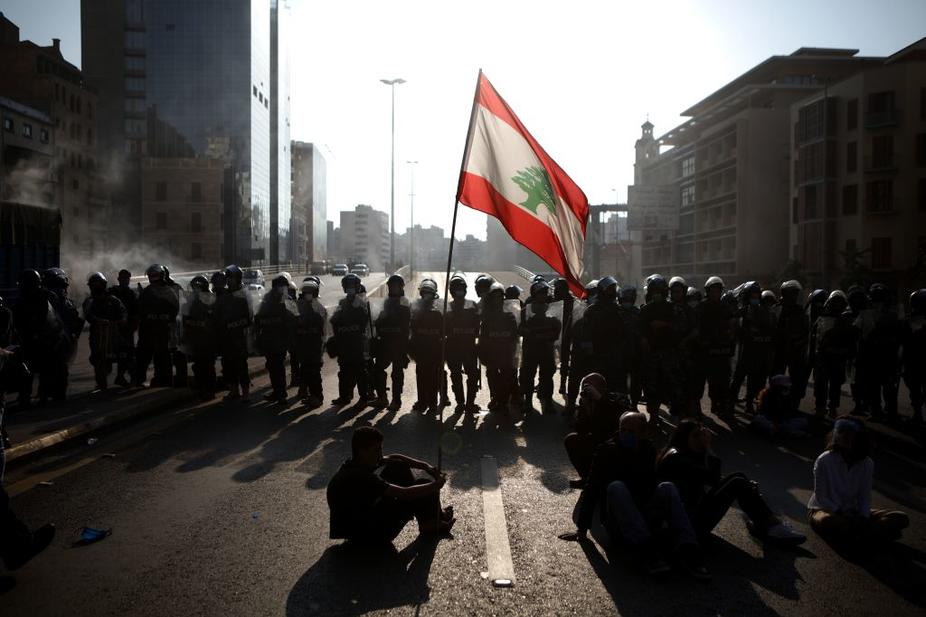
By Taylor McElwain — theowp.org — The United States ambassador to Lebanon recently stressed the importance of Lebanon’s parliamentary polls being held on time. These comments come amidst concerns that various parties in Lebanon seek to push off the vote, which is now scheduled for May 2022, because of fears they might lose power in the legislature. The elections are pivotal because they are the first following Lebanon’s descent into a financial crisis, which has been its biggest threat to stability since the civil war of the late 1900s. Worries mostly concern the Iranian-backed Hezbollah group, which some analysts think may lose power after the May elections.
Dorothy Shea, the US ambassador to Lebanon, told Reuters that “the international community is unanimous that the elections must be held on time in a fair and transparent manner. There’s no wiggle room.” In the same vein, the UN Security Council last week “underlined the importance of holding free, fair, transparent and inclusive elections as scheduled on 15 May 2022.” Karim Emile Bitar, the director of the Institute of Political Science at St. Joseph’s University in Beirut, said that the Amal Movement, of which House Speaker Nabih Berri is a member, and President Michael Aoun’s Free Patriotic Movement are two of the parties with the most to lose, and therefore the biggest interest in postponing the elections. Both parties are backed by Hezbollah and have significantly weakened since 2019. Bitar voiced concerns that “seeing that its two major allies are weakened could also incite Hezbollah to work for a postponement of the elections if there is a threat of losing its parliamentary majority.”
While holding the elections on time is important, the global community must be wary of any politician who seeks to install foreign actors in Lebanon to ensure that the election happens, even if it seems well-intentioned. The desires of the United States, ostensibly to ensure fair elections promptly, must not be prioritized over the sovereignty of Lebanon, especially because American intervention in the Middle East has historically been used as a guise for other operations. An example seared in recent memory is America’s justification for the invasion of Iraq through claims that the Middle-Eastern nation possessed weapons of mass destruction. It later was revealed that Iraq had no such weapons – American military leaders and policymakers knew fairly certainly that Iraq had no such weapons, and the invasion was part of a campaign to root out Islamic fundamentalism, which American neoconservatives viewed as a growing threat. In sum, the global community must critically examine any interventionist policies that are proposed.
Hezbollah is a Shiite Muslim political party and militant group that was formed in and is currently based in Lebanon. Hezbollah was founded during the Lebanese Civil War, which lasted from 1975 to 1990. The group’s considerable power, including political structures, social networks, and security apparatuses, has led to it being called a “state within a state.” Their philosophy centers around resisting Western influence in the Middle East. They also oppose the state of Israel. Recently, the group has been embroiled in the Syrian Civil War, which has turned Hezbollah into a formidable military force as they fight to support al-Assad’s regime. Hezbollah is backed by Iran, which worries Western nations like the United States and points to one reason ambassadors are so set on the elections being held on time – fears of Iran’s growing influence have long troubled the West. The United States has designated some or all of Hezbollah as terrorists during various times since its inception.
As the date for the Lebanese elections grows closer, onlookers must remember that this is a delicate situation with no easy answer. Lebanese citizens, no matter where they fall on the political spectrum, must be thought of in the coming months as tensions surrounding the elections will undoubtedly grow.



